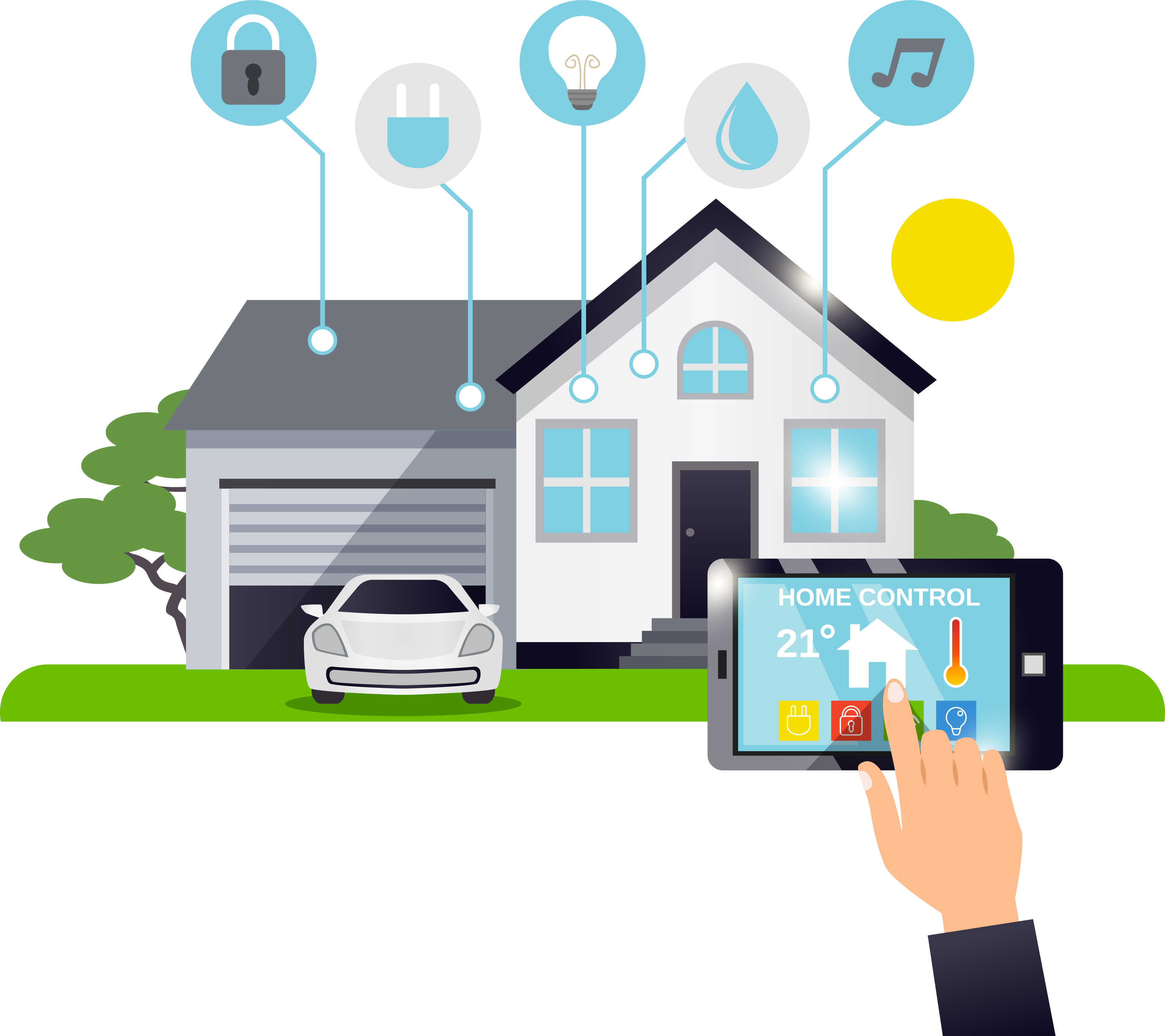Blitz News Digest
Stay updated with the latest trends and insights.
Smart Homes or Smart Nightmares: The Thin Line of Technology
Is your smart home a dream come true or a tech nightmare? Discover the fine line between convenience and chaos in our latest blog!
Is Your Smart Home a Dream Come True or a Nightmare Waiting to Happen?
As the concept of a smart home gains traction, many homeowners are left pondering: Is your smart home a dream come true or a nightmare waiting to happen? The allure of convenience and efficiency is hard to resist, with features like voice-activated assistance, automated lighting, and smart thermostats promising to simplify daily life. Yet, beneath the surface of this technological marvel lies a plethora of potential issues such as privacy concerns, security risks, and dependency on technology. Homeowners must weigh the benefits of enhanced comfort against the possibility of data breaches and system failures that could turn their smart haven into a digital disaster.
To make an informed decision, consider these critical points:
- Security: Smart devices are often targets for hackers, making it essential to secure your network and choose devices from reputable manufacturers.
- Privacy: Many smart devices collect personal data; understanding how this information is used is crucial in protecting your privacy.
- Dependability: A power outage or a malfunctioning device can disrupt the seamless experience a smart home promises.
Ultimately, the key lies in striking the right balance: embracing the advantages of smart technology while remaining vigilant about its potential pitfalls. By doing so, you can ensure your smart home remains a dream come true rather than a nightmare.

The Pros and Cons of Smart Home Technology: Balancing Convenience and Security
Smart home technology offers unparalleled convenience, allowing homeowners to control various aspects of their homes from their smartphones or voice-activated devices. This connectivity means that you can manage lighting, heating, and security systems with just a few taps or commands, ultimately leading to improved energy efficiency and reduced costs. With features like automated schedules, you can ensure that your home is always at the perfect temperature or that lights are only on when needed, enhancing both comfort and sustainability.
However, the rise of smart home technology also brings significant concerns, primarily surrounding security and privacy. Many smart devices are connected to the internet, which can make them vulnerable to hacking. For instance, an unsecured camera or smart thermostat can become a gateway for cybercriminals to access your home network. Additionally, there's an ongoing debate about data privacy, as smart devices often collect personal information, raising concerns about how this data is stored and used. Finding the right balance between the convenience of smart technology and the security of your personal information is essential for modern homeowners.
How to Safeguard Your Smart Home: Tips for a Secure and Connected Lifestyle
In today's world, smart home technology offers remarkable convenience and connectivity, but it also poses unique security challenges. To ensure a secure and connected lifestyle, start by conducting a thorough assessment of your devices and their vulnerabilities. This includes smart locks, cameras, and thermostats. Ensure all devices are updated regularly, as manufacturers often release security patches to address potential threats. Additionally, consider implementing a separate network for your smart devices, which can help isolate them from your main network and minimize risks.
Another effective way to safeguard your smart home is by utilizing strong, unique passwords for each device. Avoid common passwords and consider using a combination of letters, numbers, and special characters. It's also wise to enable two-factor authentication whenever possible. Furthermore, be cautious with third-party apps and services that may access your smart devices. Always verify their credibility and read user reviews before installation. By taking these proactive measures, you can significantly enhance the security of your smart home and enjoy a more connected lifestyle with peace of mind.